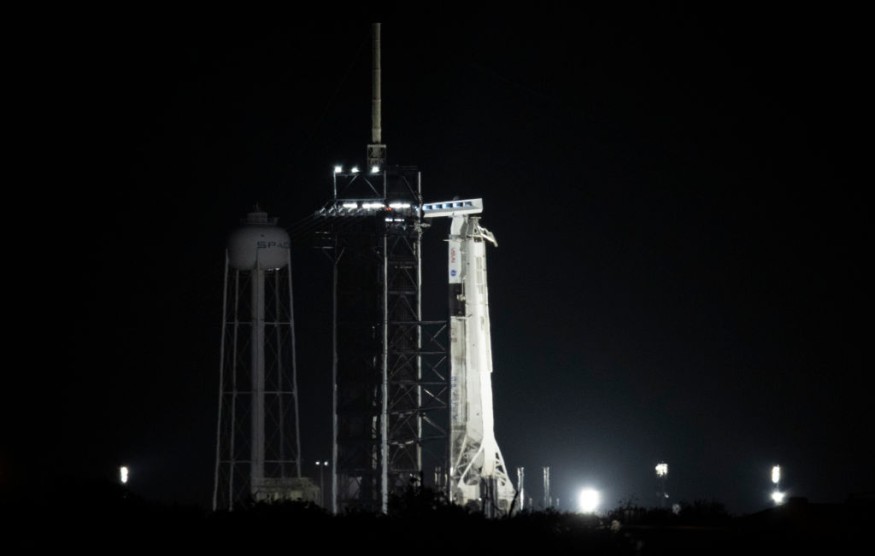Amazon Alexa will make history this year. NASA's Artemis I mission, a widely anticipated voyage beyond Earth, will carry a version of the voice assistant.
Mashable said Amazon developers created a more advanced version of Alexa to see if this technology may benefit future space journeys.
The future NASA mission is part of NASA's Artemis program, which aims to deliver the first woman and person of color on the moon's surface. NASA's next-generation rocket, the Space Launch System, will be used for Artemis I.

NASA to Bring the First-Ever Amazon Alexa to Moon
Alexa is the first smart speaker to be available outside of Earth. NASA will send Alexa to space on its next Artemis I mission, which will launch later this year, according to both Amazon and Lockheed Martin.
While that journey is unmanned, the firms work on an entirely new "virtual crew experience" at NASA's Johnson Space Center. Reports said people at Mission Control, including students and special visitors, will mimic interactions between the astronauts and the digital assistant.
Callisto Technology
Callisto, unlike Alexa, will be equipped with hardware and software that will enable it to respond to orders while in flight and without the need for an internet connection.
On the other hand, the video conferencing system will need a communications system to work, and it will use NASA's Deep Space Network to do it. Daily Mail said Callisto is named after a nymph from Greek mythology, the goddess Artemis' favorite companion.
The weeks-long journey will pave the path for future crewed missions to return to the moon's surface and venture into deep space. Callisto's developers partnered with NASA to construct a virtual crew experience for testing at NASA's Johnson Space Center because Artemis I will be uncrewed.
Mission control staff will intercommunicate with Callisto remotely via a new set of speakers like they were aboard the Orion spaceship. Callisto might be configured to assist astronauts by providing hands-free access to flight status and telemetry data, as well as the ability to manage linked items onboard Orion via voice commands.
Alexa Could Be Different From that of Regular Users This Time
Engadget said this is far more intelligent than Alexa on most Echo speakers. Alexa will connect to telemetry data from the Orion spacecraft, allowing it to respond to "thousands" of mission-related questions and even control some components such as the cabin lighting.
According to sources, Amazon was able to tweak its algorithms to fit the acoustics of Orion. In addition, internet access in space should not be a hindrance. Furthermore, internet connectivity in space should not be an impediment.
Users will also access Artemis I's data, video (including the launch broadcast), images, and notifications for certain important mission milestones through new Alexa experiences.
Artemis I Mission and Amazon's Goals
Amazon is trying to cultivate the next generation of space explorers within the process. According to Amazon Future Engineering, it will introduce Alexa for Astronauts, a service that gives users access to a virtual crew experience, a STEM curriculum created with the support of the National Science Teaching Association and Mobile CSP, and even digital tours of the Johnson Space Center.
According to the journal, the move will help Amazon improve its reputation while also being profitable if it encourages more students to seek professions in the space business.
RELATED ARTICLE : Space Tourism 2021: Here Are The Fascinating Spaceflight Missions From Virgin Galactic, Blue Origins, and SpaceX This Year
Check out more news and information on Space in Science Times.












